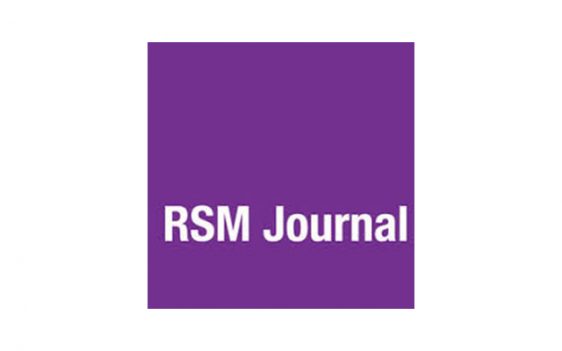To inform health-care decision-making, treatments are often compared with synthesizing results from a number of randomized controlled trials. The meta-analysis may not only be focused on a particular pairwise comparison but can also include multiple treatment comparisons by means of network meta-analysis. For time-to-event outcomes such as survival, pooling is typically based on the hazard ratio (HR). The proportional hazards assumption that underlies current approaches of evidence synthesis is not only often implausible but can also have a huge impact on decisions based on differences in expected outcomes, such as cost-effectiveness analysis. The application of a constant HR implies the assumption that the treatment only has an effect on one characteristic of the survival distribution, while commonly used survival distributions, like the Weibull distribution, have both a shape and a scale parameter. Instead of using constant HRs, this paper proposes meta-analysis of treatment effects based on the shape and scale parameters of parametric survival curves.
Source: Research Synthesis Methods
